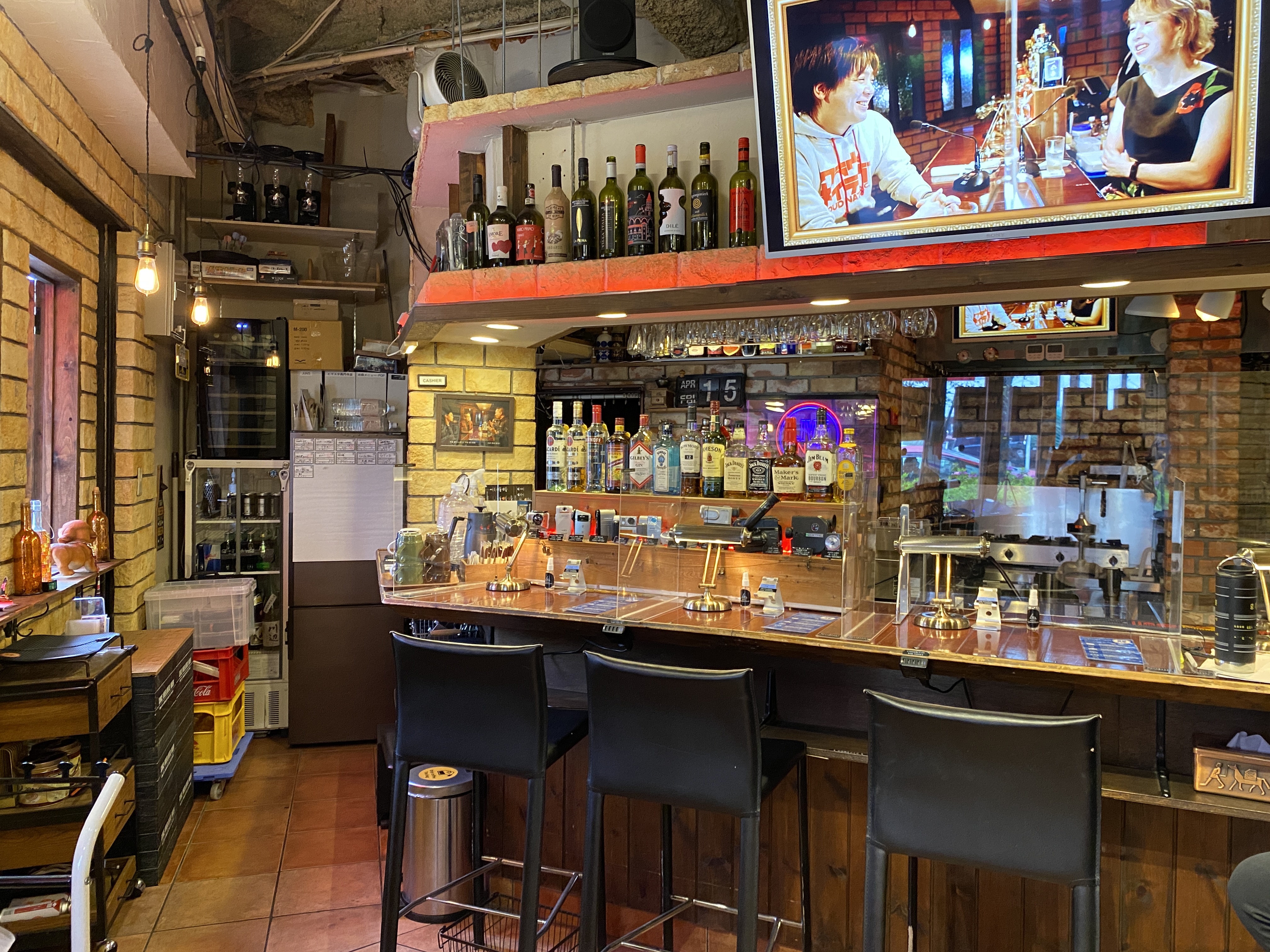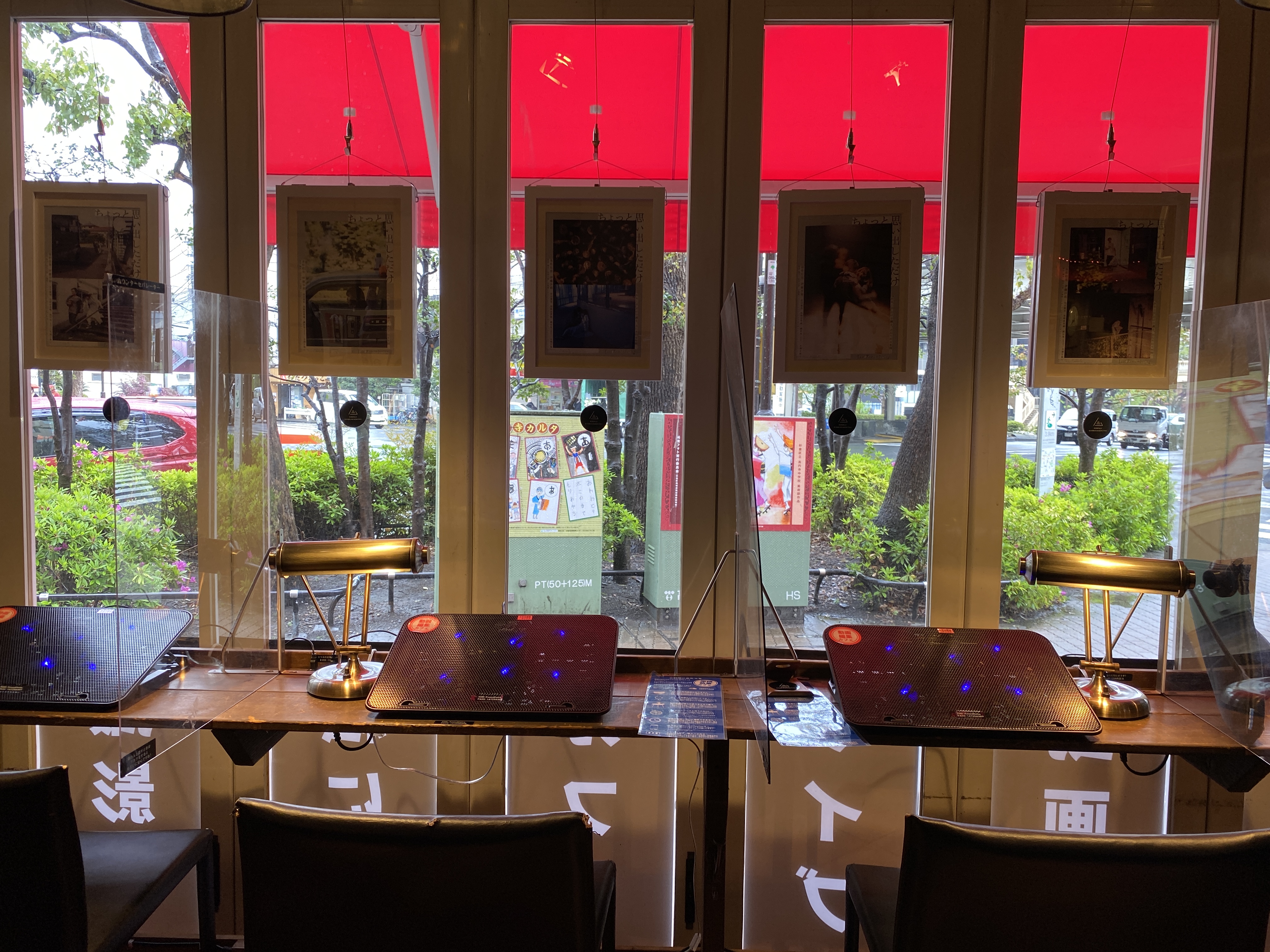In the past two years, there’s one question I’ve been asked more times than how I pronounce my name: How’s working remotely?
Usually, I try to find a balanced answer and strike halfway between a grimace and a smile. It’s not bad, I say. I save money on lunch and can clip my nails during meetings.
Videos by VICE
But truth be told, since the pandemic’s forced me to stare at the Post-it covered wall of my home office most working days, time seems to have learned to defy physics.
When it’s my friend, my tasks are organized by rank of importance, with an estimate of how long each assignment will take me. Time moves consistently, marching to the tempo of my fingers hitting the keyboard. But on other days, time seems to shrink. Noticeably so when I have a deadline ahead. The cool, clammy sweat that only stress knows how to produce (Hello, old friend) collects in the palm of my hands, greasing my keyboard and creating an itchy feeling under my armpits. I gobble down chocolate, praying that ingesting vats of sugar gets my creative juices flowing—what the layperson might call riding a sugar high before crashing.
That’s what it feels like now, as I sit here writing these very words in the Manuscript Cafe.

Located in Tokyo’s bohemian neighborhood Koenji, the cafe is a place meant for writers on a deadline. It borrows a recording studio on its days off and seats just 10 people, surrounding you with warm brick walls and an odd bar—decked with fine elixirs—when you walk in.
And it comes equipped with all the tools a writer in our digital age needs: coffee, WiFi, chargers, plugs, and more coffee so your body never gets a chance to dilute it. Here, face masks aren’t mandatory, because the thinking is you’re too busy for chit-chat.

But like all good things in life, it comes with a small caveat.
The staff won’t let me leave until I’ve finished my writing task of the day (aka finishing this article), or the cafe closes—whichever comes first.
And they make sure you’re following the rules, too. Before I sat down, Tomu Inokawa, a staff member and editor for a magazine about video equipment, asked me what my goal for the day was. He handed me a slip of paper on which I wrote my name, the time I planned to spend here (two hours), and my reasonable writing goal of 500 words (Yes, I underestimated it so I can get out of here before the 7 p.m. closing time).
A quirk of the cafe is that I also get to choose how much verbal pressure I want from the staff—mild, normal, or hard. According to Inokawa, a mild check-in usually consists of “How’s it going?,” with normal ranging from “You have an hour left, right?” to “Have you finished? Oh that’s not good.” For hardcore procrastinators, “hard” usually involves a few words of shaming or mild irritation about your dilly-dallying.
Inokawa comes by once an hour, usually after a bell in the cafe goes off, to see how far along I am in achieving my goal. I chose normal because I’m practicing self-kindness. And from experience, irritation and productivity don’t go together.
About an hour into my session and after writing these past few hundred words, I notice a fellow writer packing up her things. Mariko Tomioka, a romantic fan fiction manga writer, also turned out to be a first-time cafe goer, who learned of this place after her husband recommended it to her. She’s tasked herself with writing 3,500 Japanese characters—about 1,750 English words—in two hours, an assignment that’d usually take her days when she felt unproductive, she said.
“If I worked at a normal cafe, I’d get distracted by my phone, or other people sitting near me—I’m easy on myself,” she said. “But because I knew I had this two-hour deadline looming, I was able to finish so quickly; it’s very rare for me,” she said.
“Everyone’s working on something different, but the goal is the same—to meet your deadline.”
Beaming with a sense of accomplishment as she stowed her laptop in her bag, Tomioka said she’d come back again to finish her two manuscripts—each required to be 35,000 Japanese characters in length—before they’re due in July and August.
During one of Inokawa’s rounds of checking up on my progress, I asked him how productive most customers were in the cafe. “I think most importantly, it’s the fact that everyone around you is concentrating on a task, which makes you feel like you need to work too,” he said.
“Everyone’s working on something different, but the goal is the same—to meet your deadline,” he said.

But as I write this sentence, all customers have left the cafe on this rainy Friday afternoon in Tokyo. Though there’s no sense of group panic to motivate me, I understand what Inokawa means. Giving yourself a set amount of time to finish before a deadline, in a space that isn’t your apartment, gives you an undeniable sense of urgency. Admittedly, I’m also terrified of having to spend longer than two hours here because I couldn’t finish—that’d mean I’d failed in my self-administered test of how productive a writer I am.
Yet after commanding-A the article, I’m assured that I’ve reached my goal. It’s now 3:52 p.m., giving me an eight-minute window for a bathroom break. Cheerfully, I shut my computer and hope come Monday, my editor doesn’t rip this to shreds.






